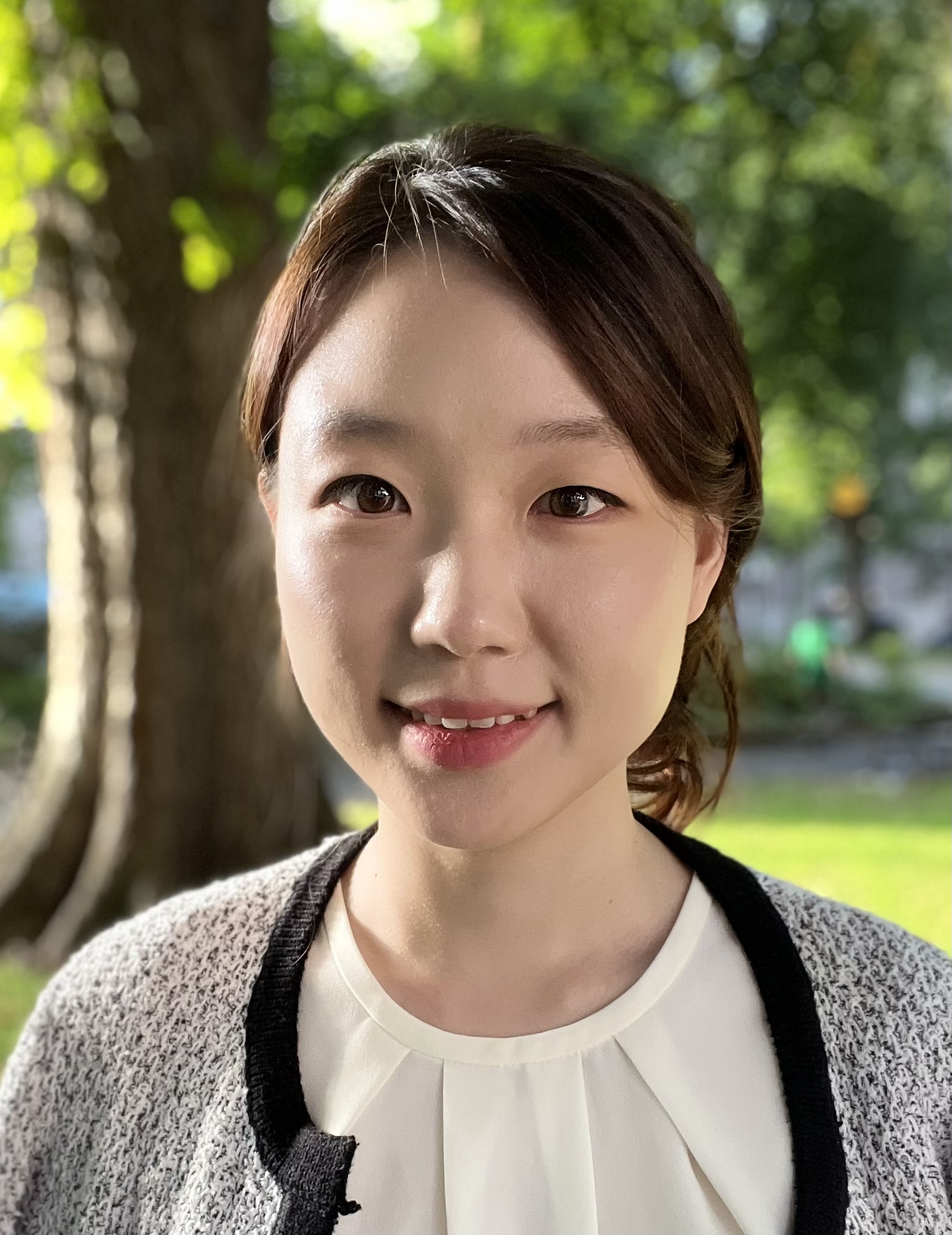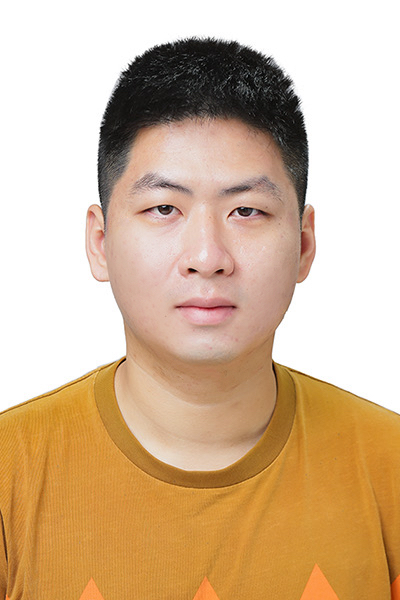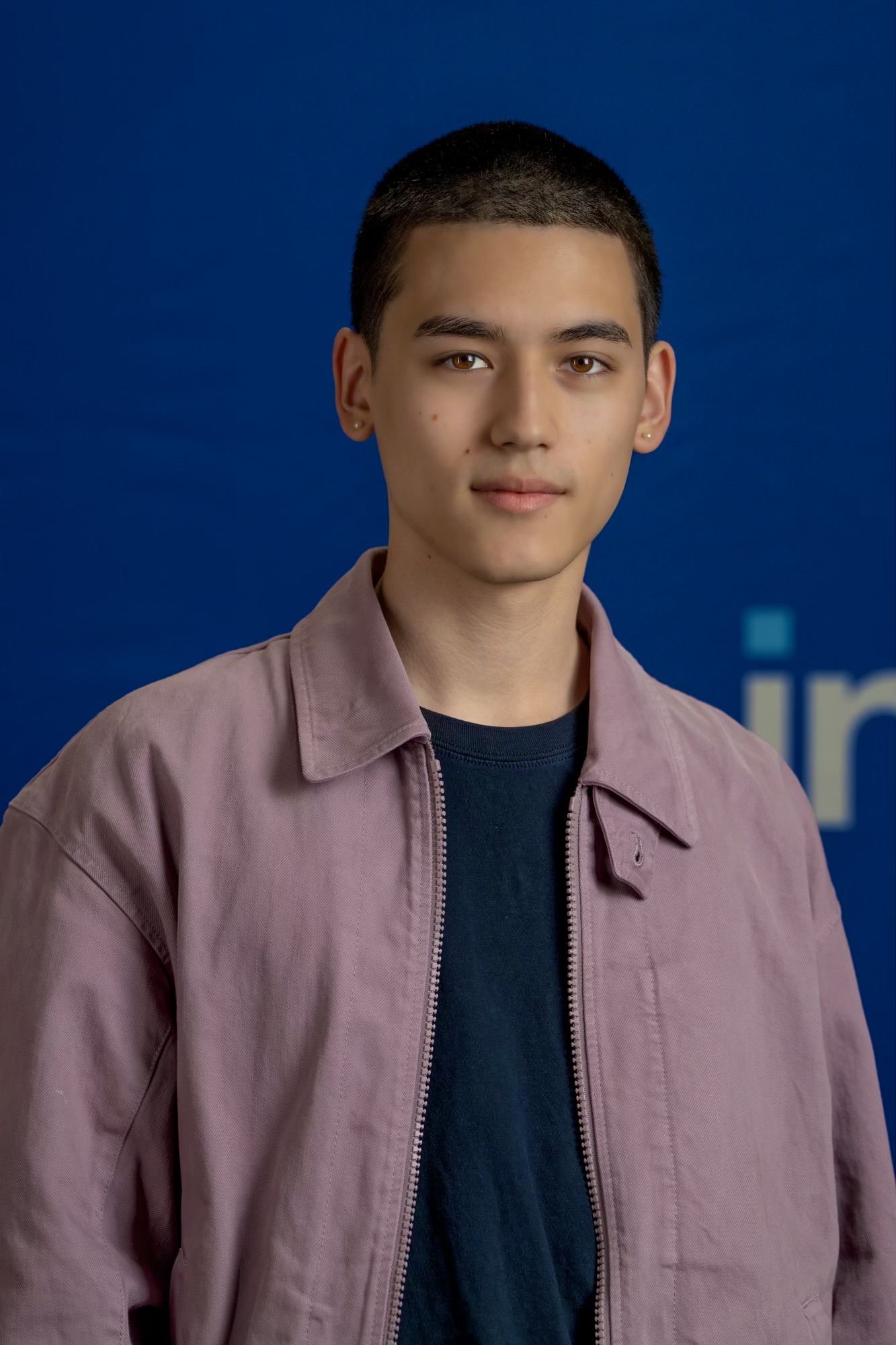Dipannita Ghosh
Dipannita is a Ph.D. candidate in Electrical and Computer Engineering, Oregon State University. She obtained her B.S. in EEE from Bangladesh University of Engineering & Technology (BUET). After that, she earned M.S. in ECE from the University of Texas Rio Grande Valley (UTRGV). Her research project includes the development of a predictive model using machine learning techniques, synthesis of oxide thin films using pulsed laser deposition, and characterization of materials. In her free time, she enjoys painting, making desserts, and traveling.
Yen-Chun Huang
Yen-Chun is a Ph.D. candidate in Computer Science. He has a diverse academic background that spans both chemical engineering and computer science. After he obtained his bachelor's in Chemical Engineering, Tamkang University, Taipei, he transitioned to Computer Science for his M.S. degree at Oregon State University. His current research focuses on the high-throughput discovery of ferroelectric materials, leveraging computational techniques to solve complex problems in materials science.
Tien Anh Nguyen
Tien Anh is a Ph.D. candidate in Material Science at Oregon State University. Tien Anh obtained his B.S. (2021) in Engineering Physics, Hanoi University of Science and Technology and M.S. (2023) in Nanoscience and Engineering, Inje Univeristy. His research focuses on designing new memristor materials for in-memory computing by integrating theoretical and experimental approaches.
Josh Anderson
Josh is an undergraduate student in Physics at OSU. He works for his Honors College thesis project, theoretical and experimental discovery of high-performance p-type oxides. He performs density functional theory calculation to predict properties of d-correlated p-type oxides and synthesizes thin films of the predicted materials using pulsed laser deposition.
Owen Tyler Strid
Owen is an Electrical and Computer Engineering undergrad at OSU. He is currently conducting research on PLD growth and characterization of chalcogenide semiconductors. He is also researching p-type oxides to form a heterojunction with ultra-wide-bandgap semiconductors.





